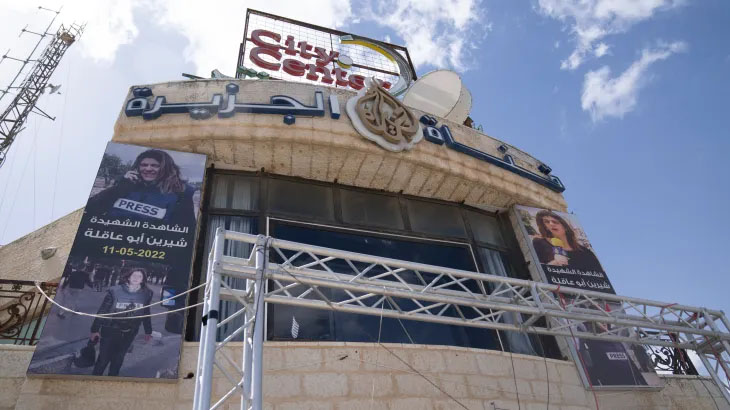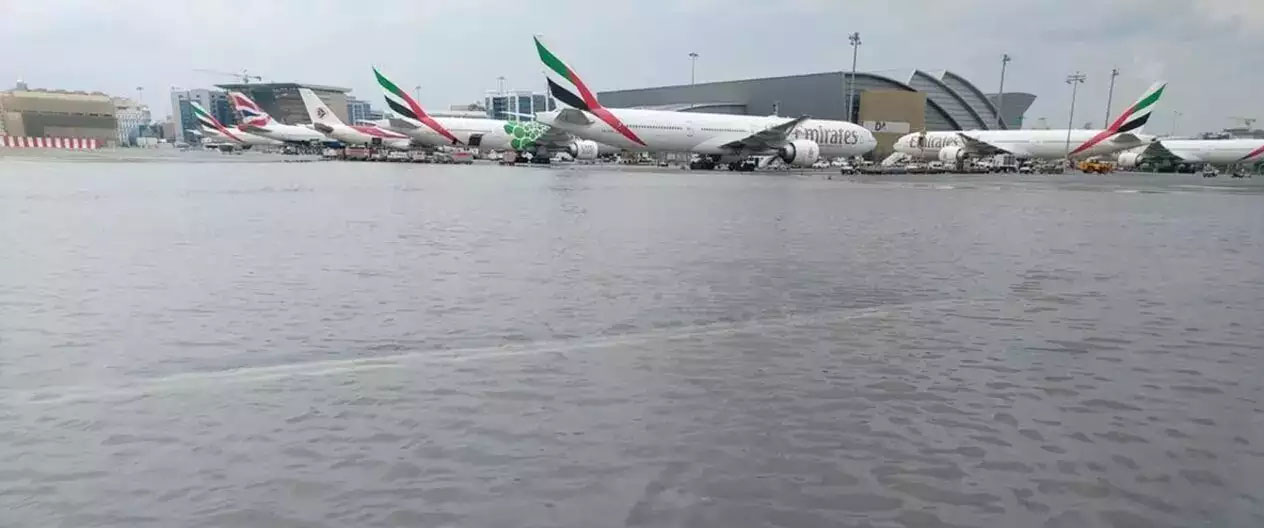THE ISRAELI GOVERNMENT SHUTS DOWN AL JAZEERA AMID INCITEMENT CLAIMS








Photo Credit: Emirates
Emirates, the renowned airline, faced challenges as heavy rains pounded Dubai, the second-busiest international airport globally. This weather event forced flight cancellations and delays, impacting travel plans for many passengers. Concurrently, residents and students were advised to work and study from home as a precautionary measure.

Photo Credit:AFP
According to a recent report a Dubai-based firm has agreed to help South Sudan’s government. The company, led by a distant relative of the Abu Dhabi royal family, has agreed to lend South Sudan €12 billion ($12.9 billion) in exchange for repayment in oil.
Photo Credit: Getty Images Walt Disney has unveiled plans for its first-ever theme park in the...
Photo Credit: Getty Images Saudi Arabia and Qatar have taken a significant step toward normalizing...
Photo Credit: Getty Images A catastrophic explosion ripped through Iran's largest commercial port...
Photo Credit: Getty Images An Israeli air strike on Sunday devastated Al Ahli Arab Hospital, the last...
Photo Credit: Getty Images Palestinians in the Gaza Strip had little to celebrate Sunday as they...
Photo Credit: Getty Images Palestinian militant group Hamas warned on Wednesday that hostages may...
Photo Credit: Getty Images Israel launched a new wave of airstrikes across Gaza early Tuesday,...
Photo Credit: Getty Images Israeli Prime Minister Benjamin Netanyahu will seek to remove Shin Bet...
Photo Credit: Getty Images Israel cut off the electricity supply to Gaza, officials said Sunday,...
Photo Credit: Getty Images Arab leaders have unearthed an ambitious $53 billion reconstruction...
Photo Credit: Getty Images Iran's parliament sacked Finance Minister Abdolnaser Hemmati on Sunday...
Photo Credit: Getty Images The fragile ceasefire between Israel and Hamas faces a critical...